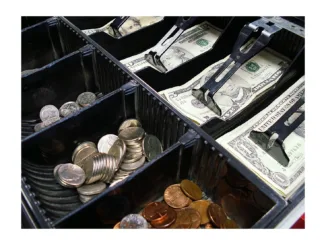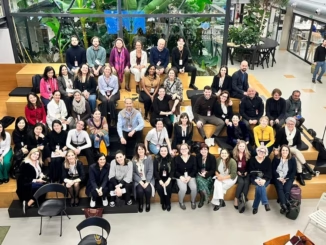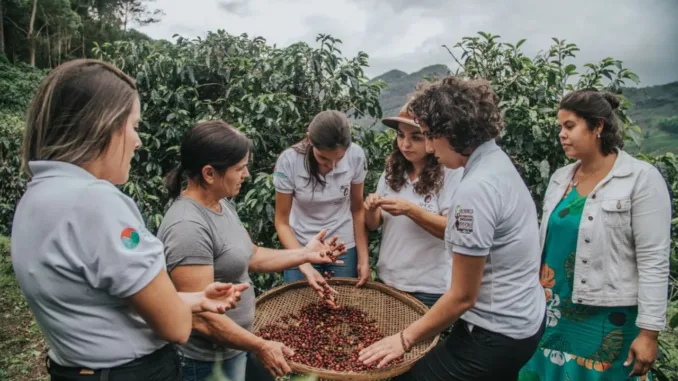
We explore the potential of the “Microfinance Management Training Manual” by the IWCA, designed to empower women coffee producers.
BY VASILEIA FANARIOTI
SENIOR ONLINE CORRESPONDENT
Featured photo courtesy of IWCA
Women are key contributors in the coffee industry. Yet they frequently face significant barriers to accessing financial resources that can enhance their entrepreneurial endeavors. The “Microfinance Management Training Manual,“ a new tool developed by the International Women’s Coffee Alliance (IWCA), is designed to fill this gap by offering vital financial literacy and guidance on microcredit.
To provide further insights into the purpose of the manual, as well as the challenges and opportunities for women in this sector, we interviewed Blanca Castro, executive director of IWCA. Her experiences and perspectives highlight the importance of such resources in empowering women coffee producers.
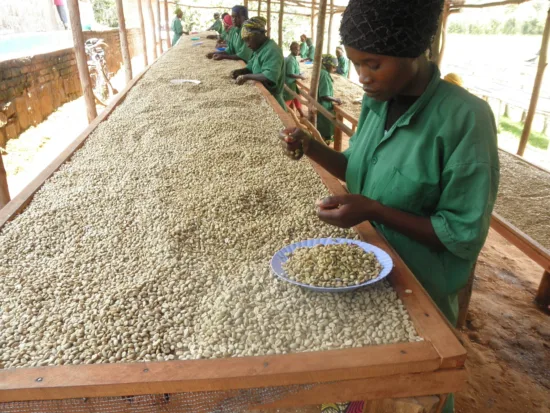
A Pathway to Financial Independence
Women coffee producers in coffee-producing regions often lack the capital needed to support their businesses due to various systemic obstacles. As a consequence, their potential for growth and impact on local economies remains largely untapped.
The new IWCA manual aims to enhance financial knowledge and serve as a practical guide for navigating the microfinance landscape. By doing so, it equips women with the necessary skills to access funding, helping them overcome financial barriers and position themselves as influential players in the coffee economy. As Blanca states, “Getting microfinance provides opportunities for women. When women have the chance to learn, even a small amount of money can make all the difference.”
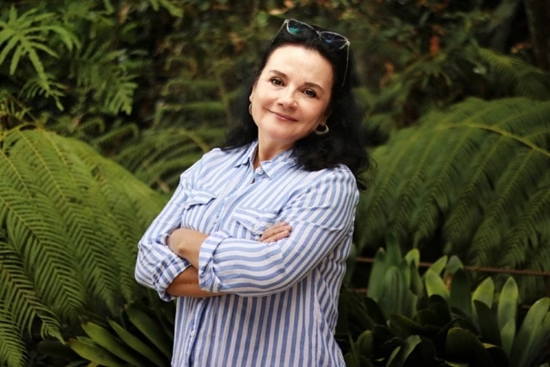
This sentiment resonates throughout the communities that stand to benefit from such initiatives. The manual is more than a collection of guidelines; it serves as a roadmap to financial independence. It provides women with not just the money, but also the knowledge of how to use the funds effectively. As Blanca highlights, “They need to know how to use this money—what are the responsibilities, what is the commitment that they get when they get the funding.”
Challenges and Cultural Barriers
While the manual offers a potential pathway to empowerment, significant challenges persist. Access to microfinance is often obstructed by a range of cultural and social barriers that can deter women from seeking loans or engaging with financial institutions. “Sometimes, they lack the knowledge about how to use a bank account,” Blanca notes, shining a light on a fundamental hurdle these women face.
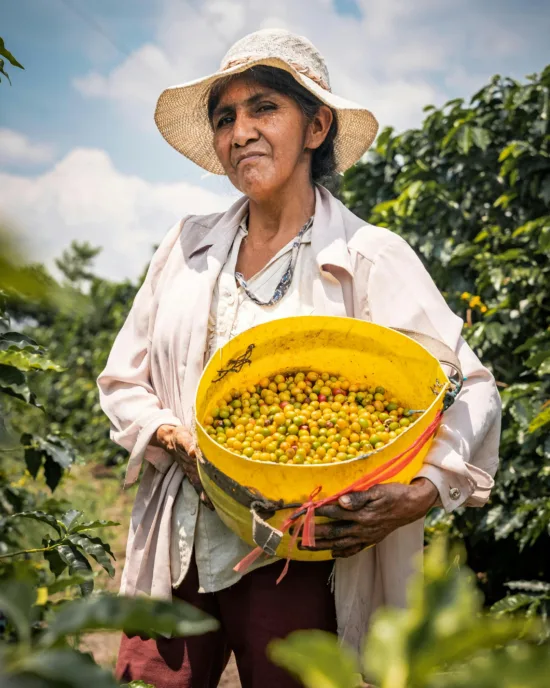
Moreover, deeply entrenched societal norms can hinder women’s initiative and self-advocacy. “They need to believe in themselves first,” Blanca emphasizes. For many women, the process of opening a bank account can be complicated by the necessity of asking for permission from their husbands or fathers.
This dynamic creates a sense of hesitation, even when opportunities are available. The journey toward empowerment is slow, as Blanca explains: “The challenges are numerous: societal norms, politics, climate change, corruption.” Together, these factors create a complex landscape that women must navigate in their quest for financial independence.
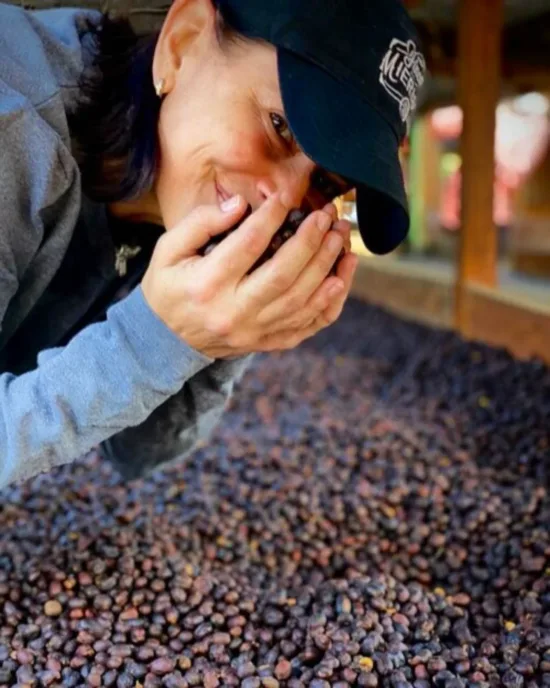
Building Connections for Lasting Change
The manual serves as a comprehensive guide designed to be tested practically, with the support of skilled instructors. It offers actionable insights and strategies that empower women to implement change within their communities effectively. By fostering collaborative learning experiences, the manual enables participants to translate knowledge into real-world applications, ensuring that the principles it outlines are not only theoretical, but also actionable and impactful.
“We need more support to activate and move forward,” Blanca emphasizes. “We must find solutions to disseminate information and education to the areas where women need it most.” One partner of IWCA, Grow to Market (GTM), has launched the “Women in Coffee Entrepreneurs Microfinance Fund,” aiming to raise $250,000 by January 2025. This initiative underscores the immense potential for impact within the coffee community.
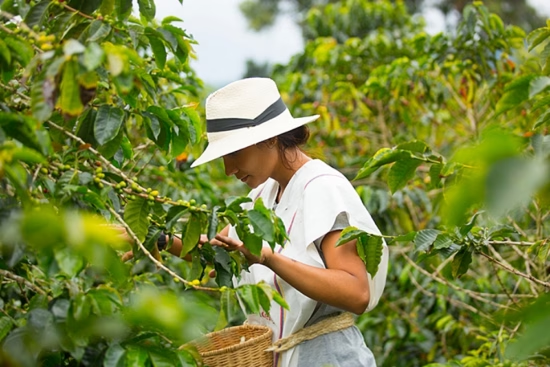
Through its collaboration with IWCA, the fund endeavors to establish revolving microfinance loans in coffee-producing countries, providing essential financial resources to women. The vision goes beyond simply issuing loans; it aims to build a robust support system that empowers women to flourish in their businesses and communities.
Blanca shares, “We haven’t fully arrived at our destination yet, but the tools are in place, and the communities are eager for change.” With a strategic combination of financial backing, education, and empowerment, partnerships such as the one between GTM and IWCA hold great promise for the future of women in the coffee industry, paving the way for transformative progress in their lives and communities.
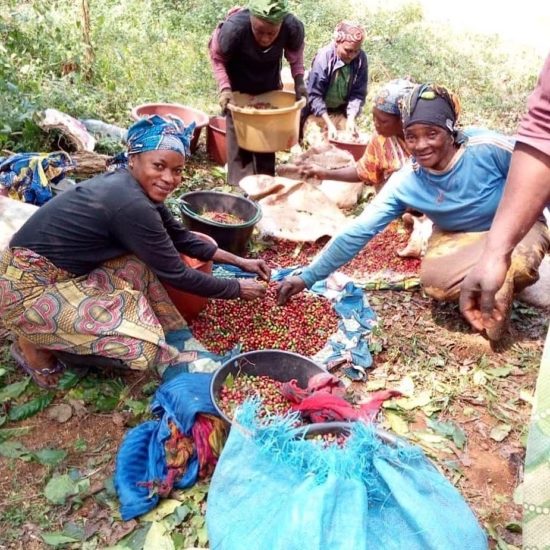
A Collective Will for Empowerment
The challenges faced by women in the coffee industry are indeed profound, encompassing social, economic, and systemic obstacles that hinder their potential for growth. However, the potential for change is palpable and within reach. As women gain access to microfinance and receive the necessary training to utilize these resources effectively, they are empowered to break down barriers and establish sustainable businesses.
The role of organizations like the IWCA in providing tools such as this manual is crucial in this transformative process. By equipping women with financial literacy and access to microcredit, these initiatives create an environment where women can capitalize on their strengths and talents, driving innovation and flourishing in the global coffee economy.
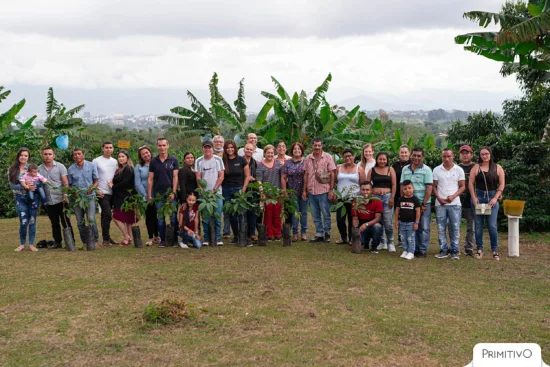
As Blanca states, “The knowledge is there, and the change will come from within. Together, we can build a future where women have the opportunity to thrive.”
ABOUT THE AUTHOR
Vasileia Fanarioti (she/her) is a senior online correspondent for Barista Magazine and a freelance copywriter and editor with a primary focus on the coffee niche. She has also been a volunteer copywriter for the I’M NOT A BARISTA NPO, providing content to help educate people about baristas and their work.
Subscribe and More!
Out now: It’s the October + November 2024 issue of Barista Magazine! Read it for free with our digital edition. And for more than three years’ worth of issues, visit our digital edition archives here.
You can order a hard copy of the magazine through our online store here, or start a subscription for one year or two.



